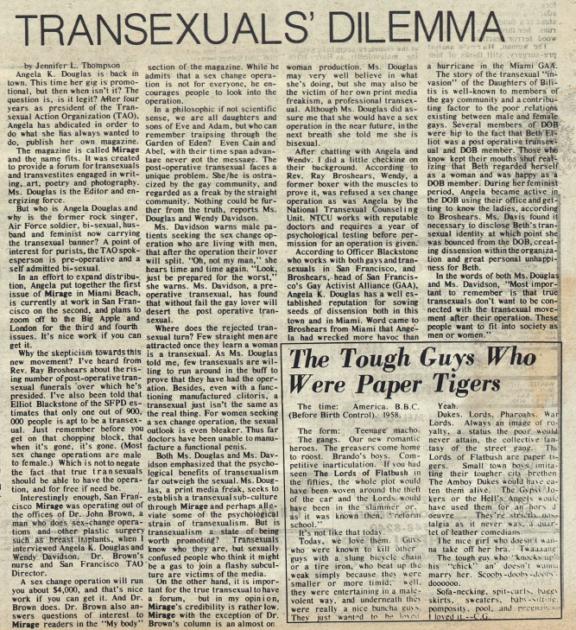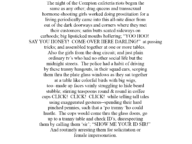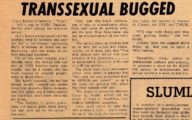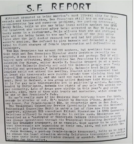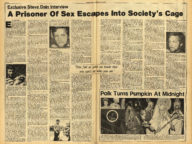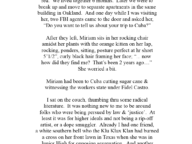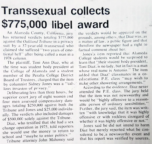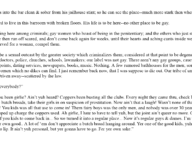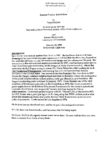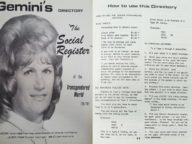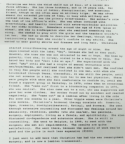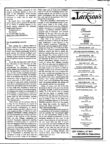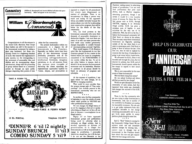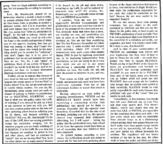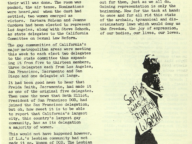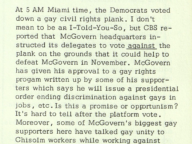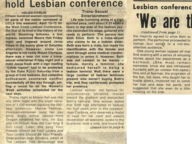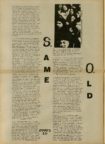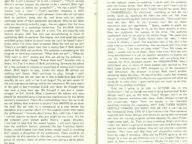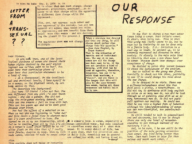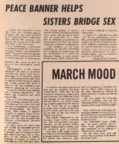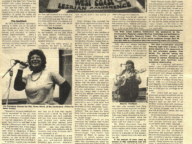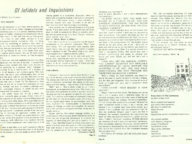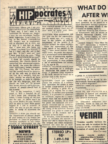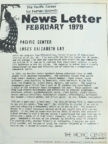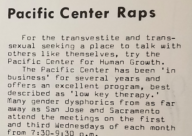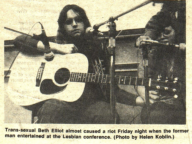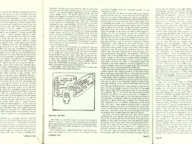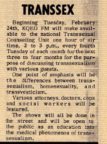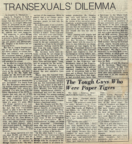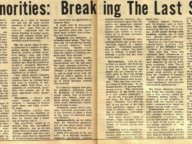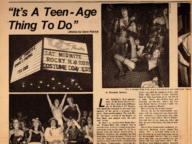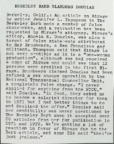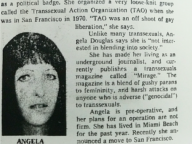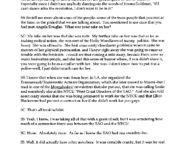Sex-change operative status was a preeminent focus both within and outside the specific trans community that the author discusses here. Unlike today, in which transgender serves as an umbrella term for non-binary, genderqueer, trans-masculine, trans-feminine, and a whole litany of genders, in the 1970s a ‘true’ trans person had to want and pursue surgery that changed genitalia. Considering that the author validates information from a San Francisco police officer regarding the likelihood of trans diagnosis, this article is seemingly not written by a trans person. In fact, Thompson lists all the reasons that being a trans person isn’t a good idea, linking to the high rate of trans deaths, which is an entirely true fact given police violence and suicide risk. They don’t lay forth any protections for trans people who are at a high risk of death, but rather throw it in as a reason for someone to not want to be trans. Additionally, the author is extremely concerned with how trans people navigate sex when they don’t have the ‘correct’ genitalia, something that seems very common among non-trans writers. Douglas supports a notion that trans people are unfit for sex by diminishing the ‘sexual benefits’ of transgenderism. What’s most important to her is the psychological wellbeing of trans people, and she creates Mirage as a space for trans people to sort out feelings. Though, the author then delegitimize’s any psychological benefit such a magazine may have by defaming Douglas. It’s hard to tell why this author feels they have any authority to postulate about Douglas or trans people, but their overall warning call to people that being trans is bad makes their transphobia all too apparent.
Perhaps the most telling piece of information here is the description of Douglas’ interaction with the San Francisco Daughters of Blitis, in which she seems to be the person who outed Beth Elliott to the entire organization. (A side note, the author uses the last name “Davis” to refer to Douglas, confusing Black Panther and Black Feminist scholar Angela Davis with Douglas.) This event is separate from Elliott’s outing at the West Coast Lesbian Conference, yet it led to considerable schism and likely sparked more debates regarding the inclusion of trans women in women’s spaces. Douglas is more performance than actual activism; she wants to support psychological development yet she also triggers emotional distress in another trans woman by outing her. Furthermore, while Douglas seems to believe that the goal of ‘actual’ trans people must be fully post-operative and living comfortably as a cis person without claiming a trans identity, she forces Beth Elliott to recognize her trans identity. Clearly, Douglas’ actual viewpoint is ambiguous.
